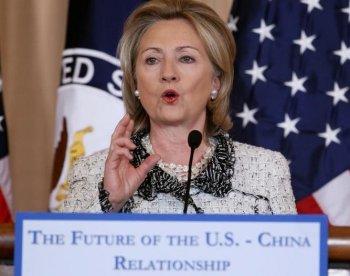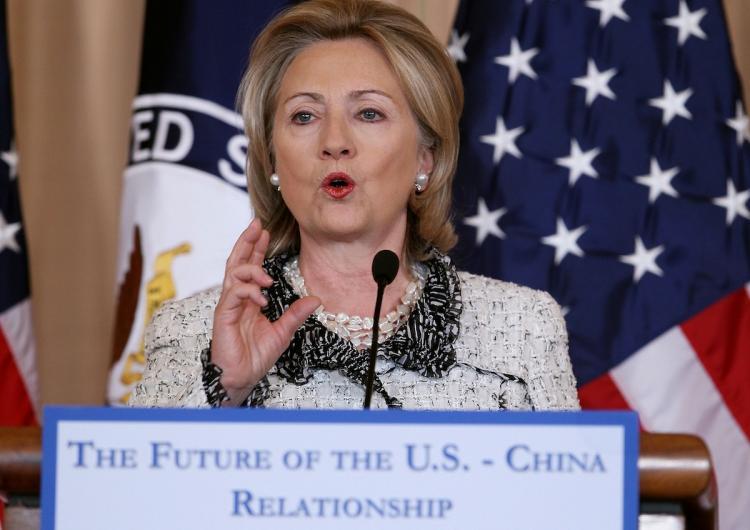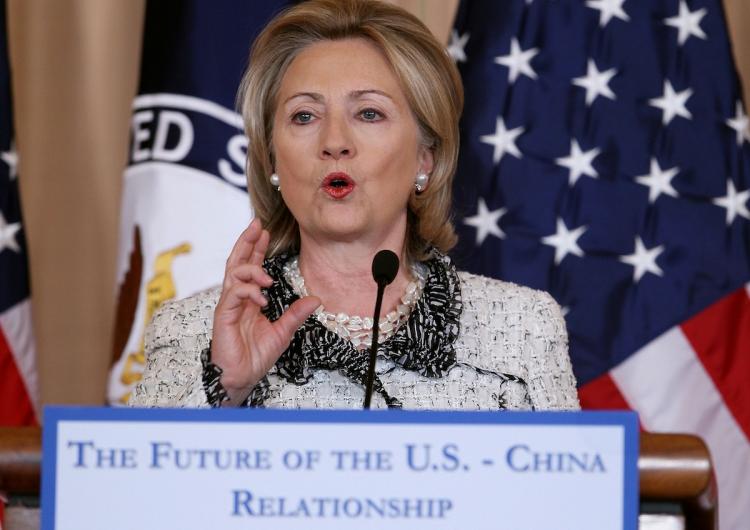Human Rights Talks Expected During China State Visit
The most substantive public comment made by U.S. officials prior to a state visit by China’s Hu Jintao this week was to say that “America will continue to speak out to press China” on matters of human rights.

ARTICULATING POLICY: U.S. Secretary of State Hillary speaks about China during the inaugural Richard C. Holbrooke lecture at the State Department on Jan. 14, in Washington. Clinton spoke about the relations between the United States and China, including human rights relations ahead of a state visit by China's leader Hu Jintao. Mark Wilson/Getty Images
|Updated:
Reporting on the business of food, food tech, and Silicon Alley, I studied the Humanities as an undergraduate, and obtained a Master of Arts in business journalism from Columbia University. I love covering the people, and the passion, that animates innovation in America. Email me at andrea dot hayley at epochtimes.com
Author’s Selected Articles






